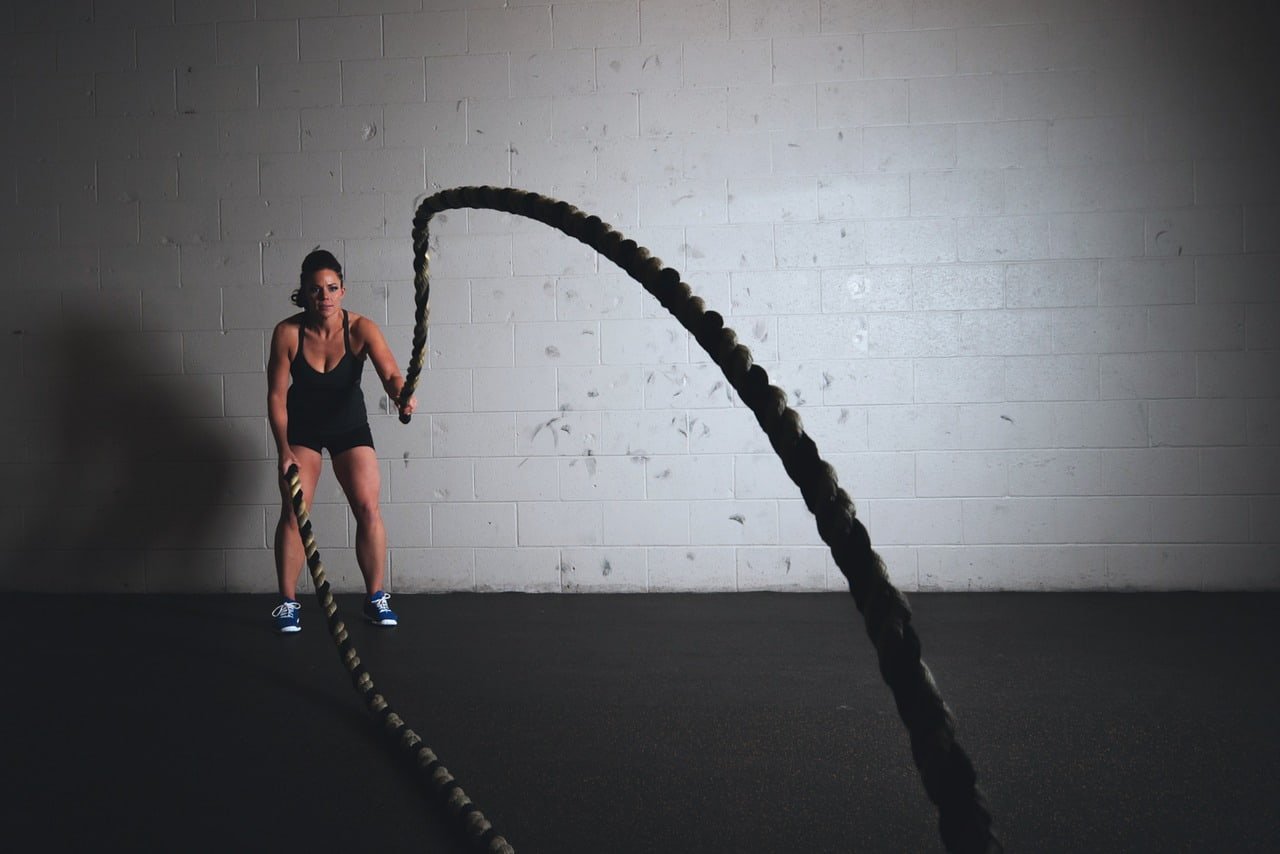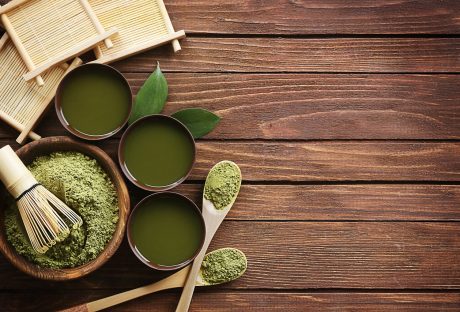We are sure that you can connect with the feeling of no ounce of energy we invest in your body after a long, tiring day at work. Sometimes, no matter how hard you try, we just can’t seem to unwind at the end of the day after working hard. Your brain is still working at an overdrive thinking about the could haves and would haves.
If you ask anyone a way out, they’ll simply tell you to leave your job at your office. However, it is better said than done. Read on as we list a few ways in which you can relax and calm physically and mentally.
Lie Down on Your Bed and Do Nothing
Of course, we were going to start with this tip!
You have spent hours at your job sitting in the same position with no rest. Do you feel that strain in your neck and shoulders that is constantly irritating you? It is due to this very reason.
Just lie down in your bed or couch, close your eyes, and do nothing. For this purpose, you need to ensure that your bed or couch is comfortable. If it’s not, take the necessary steps to make it comfortable.
For your couch, if you feel that your cushions are not good enough, you can use pillows instead. In fact, there are also pillows designed for neck pain relief to effectively help you relax your body. Stay away from clumpy couches as well – not good for your back. If you prefer lying down in your bed, make sure that the mattress is good. Often, long office hours can cause back pain. To get relief, you can buy a mattress designed for back pain as well.
In the end, do nothing – just lounge around and try to take the mind of your work.
Take a Hot Bath
Most of the time, we take short and quick showers to rush to the office – a short hygienic ritual and we’re done.
This gives you all the more reason to take a long bath at the end of the day. Soaking in hot water has a therapeutic effect on your mind. The soothing effect of hot baths can help you drastically lower your anxiety levels. In addition to this, it’s also beneficial to regulate the circulatory system as well as lower your blood pressure. The warm wetness surrounding you can be the perfect way to destress yourself, for sure.
Indulge in Your Hobby to Enjoy Yourself
The dictionary defines a hobby as an activity that is done regularly in one’s leisure time for pleasure. Well, this couldn’t have been after.
The reason why you call something your hobby is because you enjoy it, which can also make it a great stress-buster. If you like reading a book, this is the best time to get lost in the world of imaginary characters and powerful plots. If you prefer reading non-fiction too, the inspirational stories can help to instill in you a sense of contentment and positivity.
If you like painting, cooking or listening to music, go ahead and indulge! In fact, listening to music can really be one of the best ways to destress after a long day – even research backs this fact!
Call Your Friends and Family
Thank God for friends and family for being there when we want to vent or share things. We always have a few family members or friends who help us calm down. Maybe it’s their advice, their humor, or just their ability to hear which makes them that perfect refuge. So, when you return home, make yourself comfortable and call your lifeline.
Even if you don’t want to share anything about your day, you can always listen to them recount a funny story from the past or share something amusing that may have happened to them.
Try to Meditate
You must already be aware of the benefits of meditating. Taking out even ten minutes of your daily schedule can be extremely positive for your body. Your mood, blood pressure, breathing, and your stress levels will all be under control.
There are also many meditation applications available on the internet which you can download for this purpose. Just make sure that you are in a noise-free environment where you can relax.
Visit the Gym for a Last-Minute Workout
If you are health-conscious or like visiting the gym, you might already be aware of the benefits of gymming. If you aren’t, before you cross this tip out of the list, hear us out first.
According to Mayo College, exercise is actually helpful to reduce stress in multiple ways. Not only do you feel your confidence improve, but due to the secretion of endorphins in the body, you also feel good.
The fact that you also are doing something productive makes your mood better as well.
Change Into More Comfortable Clothing
Formal clothing is usually uncomfortable because you have to wear full suits, shirts, pencil skirts, heels, and whatnot. If you quickly change your clothes into something more comfortable or even nightwear, you’ll be figuratively be shedding off heaps of exhaustion and frustration. Make it a point to follow this because, at first, you might feel a bit lethargic but, it actually is better for your own wellbeing. Not that fashionable, but oh-so-comfy!
Watch Relaxing Videos Online
Since the purpose here is to enter into a blissful state away from worry, watching relaxation videos on YouTube can be the best way out. Not only is this completely free of cost, but you get to enjoy nearly any video that you feel can help you recharge your batteries.
You can also watch your favorite sitcom, movie, or TV series. A good tip would be to stick to watching comedies. The laughing can be good for your soul and spirit. Seeing your favorite stand-up comedian in action can help you forget about your deadlines, work pressure, and anything that may be weighing you down mentally.
Read Also:























